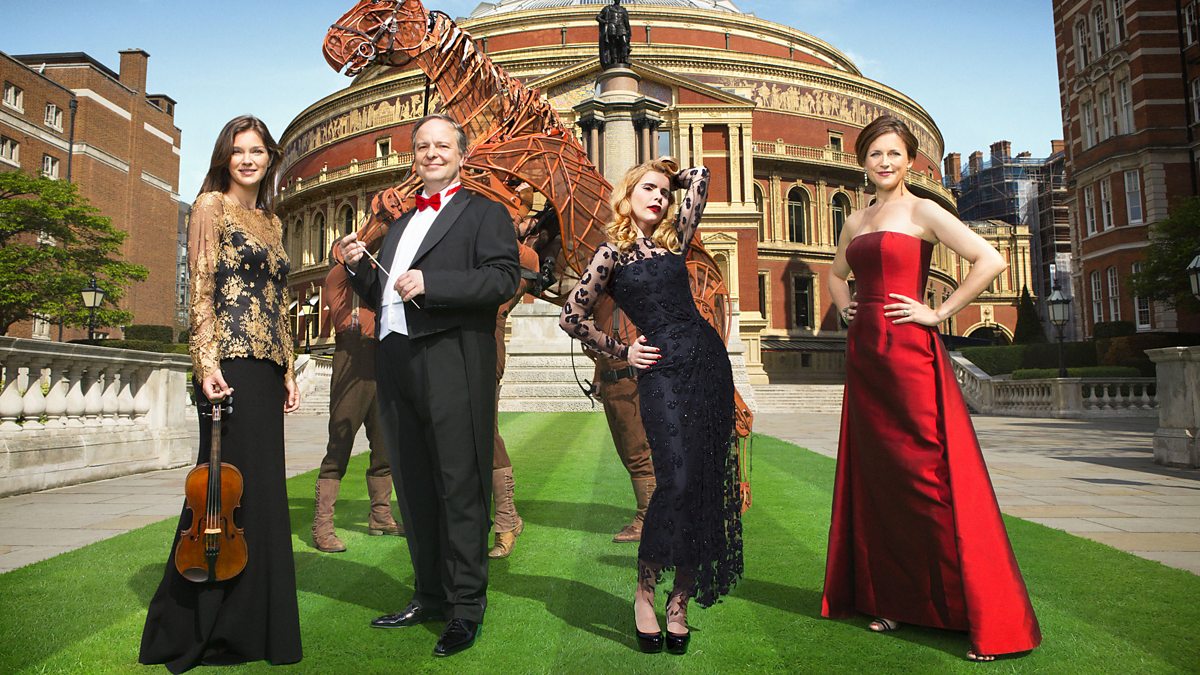Originally posted by Serial_Apologist
View Post
There's so much potential for myths, isn't there? "RVW was an ambulance driver" - yes he was. At least until he accepted a commission in the Royal Artillery (heavy guns as well) and enjoyed it so much that he insisted on directing the fire of his battery lying down because he was too ill to stand (during the Spring offensive of 1918). We humans are bundles of contradictions and hindsight is very useful.

 )
)
Comment